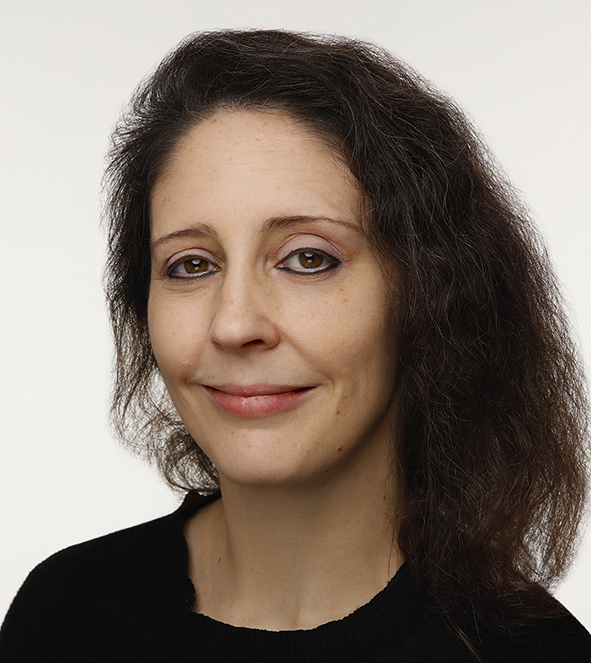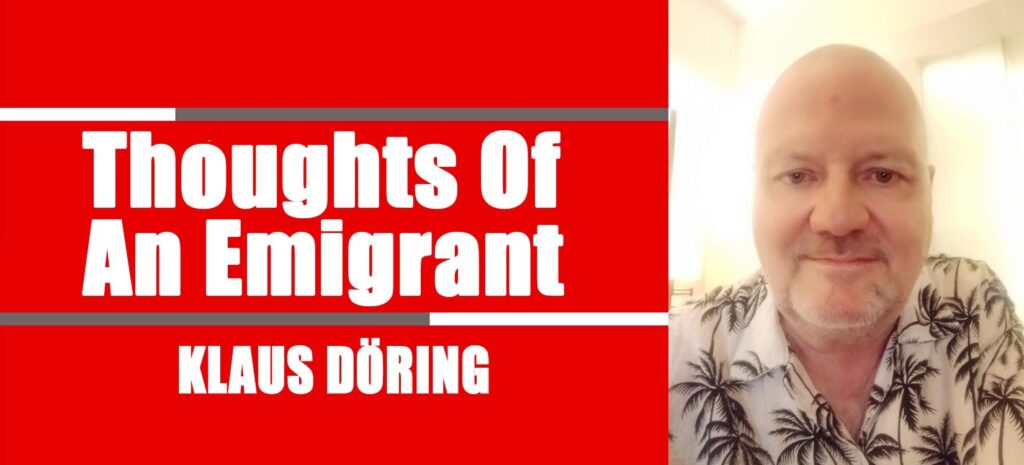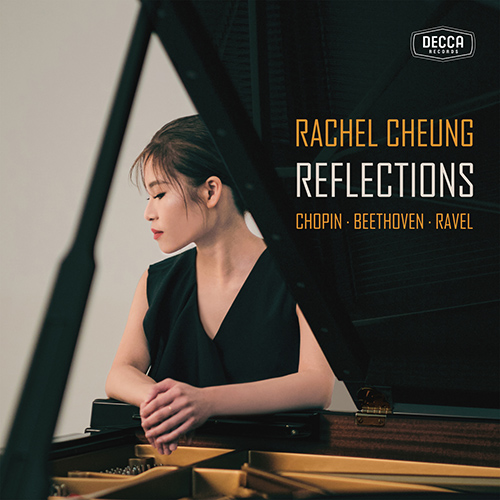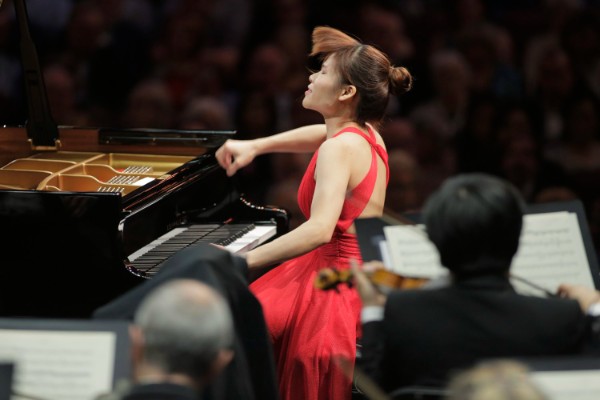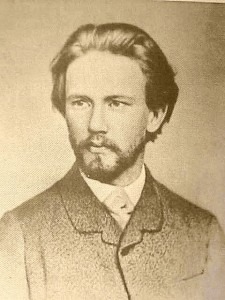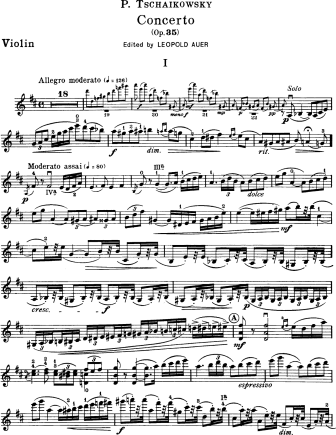As we celebrate violinist Itzhak Perlman’s 80th birthday, the virtuoso speaks to Charlotte Smith about teaching, conducting, his famous sound – and keeping inspired over a career of more than 60 years

Itzhak Perlman © Drew Gurian
Charlotte Smith
Itzhak Perlman has just turned 80, but it’s a milestone this warm and wonderful violin virtuoso is in no rush to acknowledge. ‘Don’t hurry me,’ he jokes when I wish him an early Happy Birthday during our interview a few months before the big day on 31 August.
Itzhak Perlman: a huge recording catalogue
Yet it’s an anniversary worth celebrating – and Warner Classics are only too happy to do so, with the release of an enormous 78-CD box set of Perlman’s many mesmerising recordings made for EMI Classics, Teldec, Erato and Warner over a period of more than 40 years. A quick scan of the tracklist is enough to surmise that there’s not a lot Perlman hasn’t recorded – a vast repertoire encompassing everything from Vivaldi and Bach to Brahms and Tchaikovsky to contemporary compositions, klezmer and blues.
The collaborators, too, have been numerous and starry – among them Martha Argerich, Vladimir Ashkenazy, Daniel Barenboim, Carlo Maria Giulini, Bernard Haitink, Yo-Yo Ma, Zubin Mehta, André Previn and Pinchas Zukerman. And throughout it all, Perlman’s generosity and vibrancy have shone through that rich, big-hearted sound.
Itzhak Perlman... on tone
Perhaps unsurprisingly for one of today’s most recognisable violinists, Perlman has quite a lot to say about sound… or rather tone, which he distinguishes as personal. The first violinist he remembers hearing as a child was Jascha Heifetz, whom he regards as being ‘in many ways the most recognisable fiddle player of all’.
‘Whether you’re a pianist or a violinist, a wind or brass player, or a singer, the first thing the audience notices is the sound,’ he expands. ‘And that’s not about playing the right notes; it’s about the quality of timbre and the way that it’s produced. Actually, I prefer to call that “tone”. Technically, you can produce a very good sound and that can be taught. But tone is yours personally, like a fingerprint – it’s a personal stamp. The heroes I had growing up were players like Fritz Kreisler, Nathan Milstein, Isaac Stern, Joseph Szigeti and David Oistrakh. Each of these violinists had a different style of playing and tone quality. That made them endlessly fascinating.’
Itzhak Perlman... a natural, warm and joyful performer
For Perlman himself – easily a violinist worthy of inclusion in that list of greats – his warmth and naturalness of tone has always seemed an extension of a charming and personable stage presence. That he has rarely felt nervous performing has helped him to engage fully and unreservedly with his audiences. (The one exception, he tells me, was taking part in the Leventritt Competition, which he won in 1964 and during which, ‘I never felt so nervous in my life!’)
For a taste of Perlman joy on stage, just head to YouTube and watch him performing the final movement of Tchaikovsky’s Violin Concerto with the Philadelphia Orchestra under Eugene Ormandy – all relaxed smiles, as his large left hand seems not so much to fly over the fingerboard as to consume it, making light work of that intricate passagework, while his perfectly light and bouncing bow froths away merrily.
Itzhak Perlman and the power of television
It’s this charisma which no doubt wowed audiences when the 13-year-old Perlman appeared on CBS television’s Ed Sullivan Show in 1958 – a moment that instantly earned him a legion of fans, and which he readily admits was a turning point. ‘That was extremely significant,’ he says. ‘It’s how I came to the US from Israel, but more than that, appearing on television was part of my musical growth. I’ve played so many concerts, but the moment a performance is broadcast on television, it achieves greater magnitude, because of the sheer number of people watching.’
He’s not wrong. Like cellist Yo-Yo Ma, Perlman has been one of very few instrumentalists to transcend the bounds of classical stardom and become part of the wider cultural landscape. In one of several captivating appearances on the popular American children’s television programme Sesame Street in the 1980s, for instance, Perlman is charm personified, speaking to a six-year-old violinist about the differences between ‘easy’ and ‘hard’. That the conversation plays candidly upon his disability, due to contracting polio in childhood, only increases his relatability.
Itzhak Perlman and Schindler's List
His collaboration with John Williams on the soundtrack to Steven Spielberg’s Holocaust-set Schindler’s List in 1993 is yet another example of that Perlman empathy. Through sound alone, he manages to convey all the heartbreak of the Jewish experience. But like Spielberg’s film, Perlman’s tone also conveys humanity and strength.
‘I actually play the Schindler’s List theme in all my recitals now,’ he says. ‘When I ask people what they’d like me to play, 99 per cent invariably request that music. And it doesn’t matter where I am – I could be in Europe, the US, the Far East, South America! I spoke to John Williams about it recently, and we couldn’t quite understand why – perhaps it’s the subject matter. It’s such a simple piece, after all.’
Prizes and performing for US presidents
Over the years, Perlman has performed multiple times for US presidents, including most memorably – and again televised to millions – at the 2009 inauguration of President Barack Obama. He has been honoured over and over again, notably with 16 Grammy Awards, the Presidential Medal of Freedom in 2015 and the Genesis Prize for Lifetime Achievement in 2016. And of course, he’s performed on every stage of any stature around the globe – with all the world’s leading orchestras, conductors and fellow instrumentalists.
After all that recognition, what keeps Perlman going? A quick look at his schedule reveals a quite dizzying array of forthcoming performances – one that might intimidate a much younger man. ‘I think the key is still being interested in what I do… And that I can say, “Hey, I’m still excited about this” is quite an accomplishment!’ he laughs.
Itzhak Perlman's teachers and mentors
It’s worth noting that Perlman’s activities extend beyond performing to conducting and teaching – the latter at both the Juilliard School in New York and through The Perlman Music Program, a US and Israeli school founded 30 years ago by his wife Toby to promote collaboration between talented young students in an uncompetitive environment.
'It's all about listening'
It’s not a bad list, and for Perlman the question has always remained: ‘What do I tell this wonderful orchestra that has played this repertoire so many times before? It’s not a question of what can I teach them that they don’t already know, but what can I do with Beethoven 5, say, that the audience hasn’t heard before? It’s always a challenge, but in the end it’s all about listening.
‘And in fact, it’s listening that connects my playing, teaching and conducting – it’s an endless challenge, to listen intently and to adjust the sound accordingly. It’s the reason I’m still interested in what I do, even after all this time.’ A lifelong passion, then. And one set to continue, no doubt, for many years to come.
